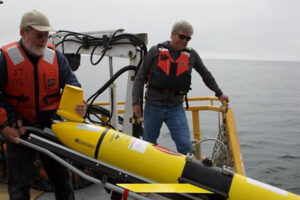
Study: Hypoxia is widespread in the ocean and increasing off the U.S. Pacific coast
A study found that in 2021, more than 50 percent of the continental shelf experienced the low-oxygen condition known as hypoxia.
Ocean noise from human activity can change fish behavior like feeding, but new technologies and techniques can minimize the stress.

A study found that in 2021, more than 50 percent of the continental shelf experienced the low-oxygen condition known as hypoxia.

A science-based approach to shark conservation in Brazil’s Marine Protected Areas may curb "destructive proposals" including shark culling.
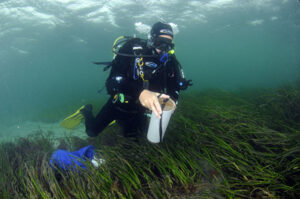
The organizations team up to restore seagrass meadows with $2.5 million in funding, addressing both climate change and biodiversity loss.
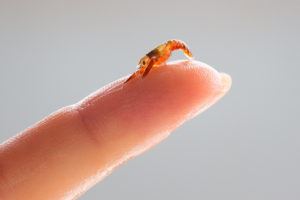
Researchers explore how effectively restorative aquaculture can enhance declining fisheries and safeguard native fish populations.
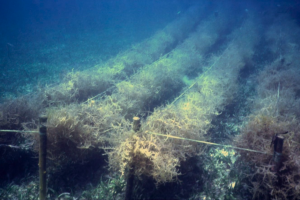
Study: Without sound science on the impacts to fragile ecosystems, seaweed carbon sequestration distracts from more effective interventions.
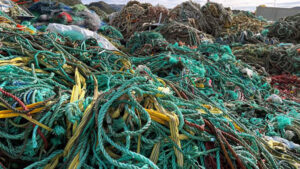
A new study estimates how much fishing rope is lost in Norway and examines how the Norwegian fisheries sector handles ropes.
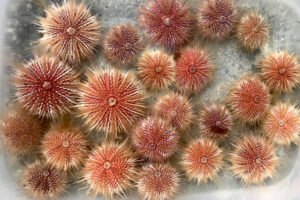
A new study finds that sea urchins deteriorated physically when immersed in less salty water – a risk that could occur with climate change.
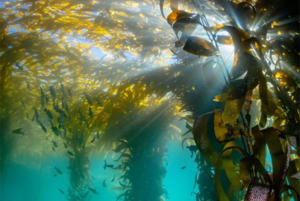
New research reveals that denser and more sheltered kelp forests can withstand serious stressors amid ocean warming.

The Salmon Scotland Wild Fisheries Fund will invest in supporting the conservation of Scotland’s wild Atlantic salmon.

A Stirling study finds that adopting aquaculture helps rural Zambian households diversify their income and improve their food security status.
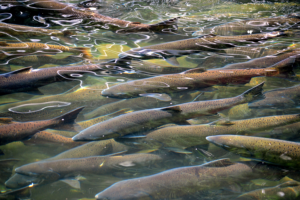
With ocean warming taking a toll on fish like migratory salmon, scientists are exploring artificial options to cool things down for them.
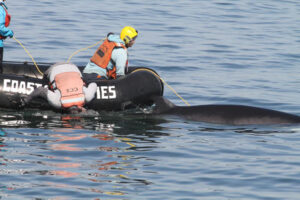
A new report from NOAA confirms 67 large whale entanglements nationally in 2022 – none involving the North Atlantic right whale.

Marine heatwaves trigger shift in hatch dates and early growth of Pacific cod, concludes a new study from Oregon State University.
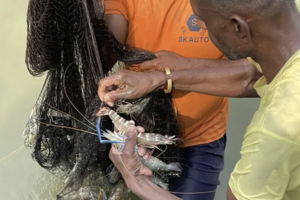
A study reveals that effective climate data services could help fish farmers in Bangladesh reduce aquaculture losses caused by climate change.
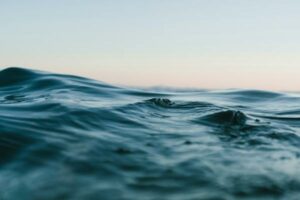
A new study found ocean temperatures were “off-the-chart” in 2023, causing more intense weather patterns and impacting marine life.